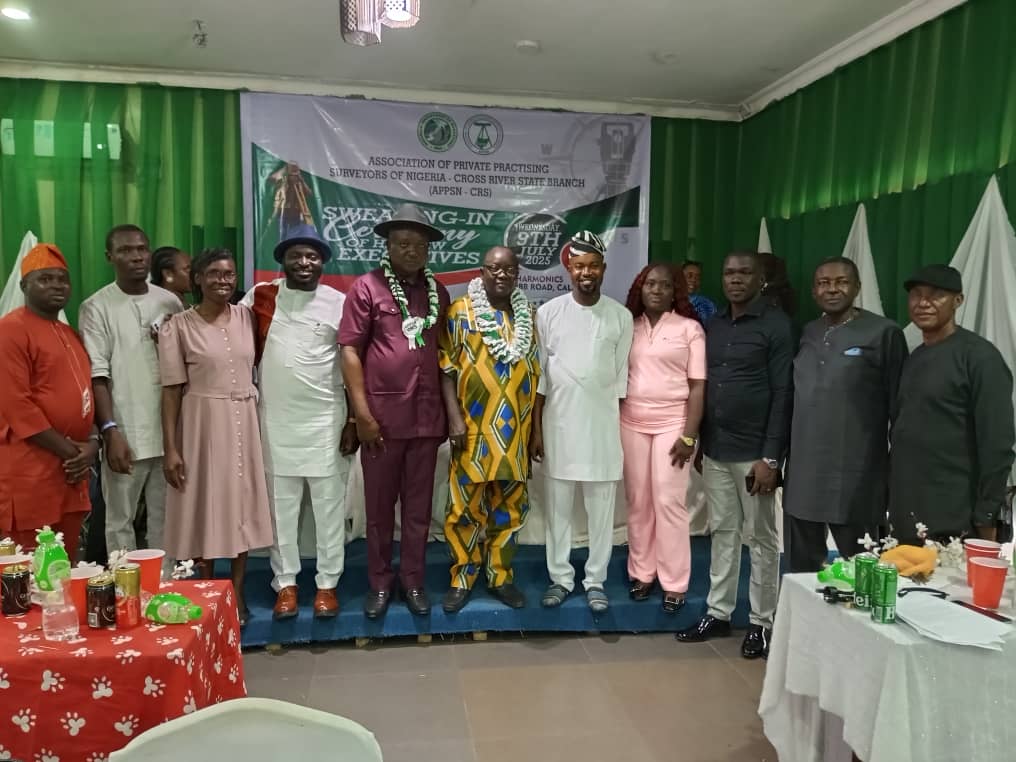On February 10, 2025, Yetunde Lawal, a 25-year-old final-year student of Kwara State College of Education, left a naming ceremony after receiving a phone call. That call led to her “untimely” end. She was allegedly murdered and dismembered by 29-year-old Abdulrahman Bello, an Islamic teacher she met on Facebook.
Yetunde’s case is shocking, but it is not new. It follows an unsettling pattern of young women, and sometimes young men, falling victim to violent crimes across Nigeria. It forces us to confront a terrifying question: Who is next? How many more lives must be lost before the right people take notice?
The disturbing trend of ritual killings is no longer an occasional horror; it is a sustained crisis. Just last year, in September 2024, 17-year-old Damilola, a first-year undergraduate at the Federal University Lokoja, was murdered by Jeremiah Awe, a young man who allegedly drugged and lured her to his lodge for ritual purposes. To cover his tracks, he faked her kidnapping and demanded a ransom from her parents. Investigations later revealed that Awe had met a native doctor through TikTok, exposing the dangerous role of social media in facilitating such crimes.
That same period, 21-year-old Mojisola Awesu, a recent graduate of Kwara State College of Health Technology, was lured to a party in Ilorin. The party was a trap. She was brutally murdered after being paid just ₦15,000 to attend. Meanwhile, in 2023, a young man named Ridwan killed his own father in Ogun State for ritual purposes.
These cases are not isolated incidents. They form a grim reality: our youth are killing each other, their loved ones, and even themselves in a desperate quest for wealth and power. Pathetically, women, especially young girls, have become the primary victims of ritual killings. Their vulnerability, compounded by poverty, gender stereotypes, and weak law enforcement, makes them easy prey.
In 2019, 22-year-old Favour Daley-Oladele was murdered by her boyfriend, Owolabi Adeyemi, in Ogun State for ritual purposes. In 2020, Sofiat Kehinde, just 20 years old, was killed by her boyfriend, Sadiq Owolabi, in Oyo State. The list is endless.
The most terrifying aspect of this crisis is that young people are killing other young people. The generation that should be shaping Nigeria’s future is instead destroying itself. Those who are not engaging in crime are looking for ways to escape the country, either legally or illegally. Unlike in the past, where crime was associated with hardened criminals, today’s perpetrators are students, lovers, and social media acquaintances committing atrocities unapologetically.
Nigeria has become a country where wealth is worshipped, and morality is secondary. Social media is filled with young men flashing luxury cars, designer clothes, and expensive vacations. But behind many of these lavish lifestyles lie irregularities, fraud, blood money, and ritual killings.
READ ALSO: OPINION… Ayo Adebanjo and Alaperu Basibo: In requiem
With a collapsing economy and little to no job opportunities, desperation has led many young Nigerians to create their own survival strategies, Yahoo fraud (internet scams), Yahoo Plus (fraud combined with rituals), kidnapping for ransom, and organ trafficking. The logic is simple: If hard work won’t get me there, I’ll do whatever it takes.
Some might ask whether money rituals actually work or if it is all psychological manipulation. Some argue that the idea of ritual wealth is a scam, pushed by native doctors and fraudsters to exploit desperate individuals. Yet, the practice persists, fueled by Nollywood, spiritual myths, and testimonies from people who claim to have “seen” it work. But whether or not rituals actually produce money is irrelevant. What is real is the number of innocent people dying in the pursuit of it. Even if it’s all a lie, the belief is deadly enough to drive people to murder.
While it is easy to blame the perpetrators, young women must also take responsibility for their safety. They must stop being at the beck and call of men they barely know. It is no longer enough to simply trust; caution is necessary. Meeting strangers alone, especially in isolated places, is a risk no one should take. Flashy social media lifestyles should not be seen as an invitation to blindly trust someone. If a man you barely know is promising you heaven and earth, ask yourself: Why?
Women must also look out for each other. If a friend is about to meet someone she barely knows, question her, accompany her, or insist on a public place. Many of these deaths could have been prevented if only someone had asked the right questions.
While young Nigerians kill themselves for money, the people in power remain silent. The government offers no jobs but is quick to arrest fraudsters. But what alternatives have they provided? The truth is, nobody is innocent in this crisis. Nigeria is a society that rewards wealth without questioning its source. We are all complicit.
I won’t start telling the government to create job opportunities or fix the economy, even though they should. I won’t talk about enforcing the law, even though it is their duty. These are things that should already be in place. But while we wait for change that may never come, we must take action ourselves.
Yetunde Lawal is gone. Another young life wasted. Another brutal headline in an unending cycle of horror. Perhaps now her killer will wander in prison for a long time, maybe even be executed if found guilty. But if we do nothing, her death will be meaningless. And the next victim is already walking toward their fate. Who is next?
AUTHOR: Ogungbile Emmanuel Oludotun
Articles published in our Graffiti section are strictly the opinion of the writers and do not represent the views of Ripples Nigeria or its editorial stand.







